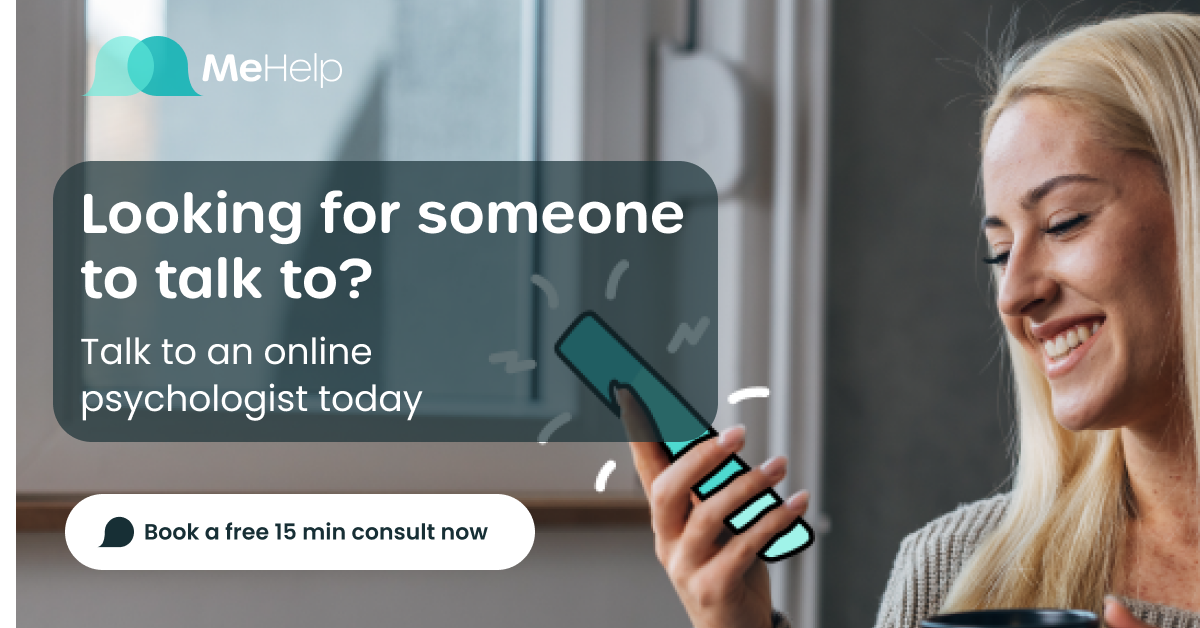Panic Disorder: Recognise, Manage and Regain Confidence
Panic disorder is a type of anxiety condition characterised by sudden and repeated episodes of intense fear known as panic attacks. These attacks occur without a clear trigger and can feel overwhelming and unpredictable. For many people, the fear of having another attack becomes just as distressing as the attacks themselves.
Panic disorder is more than occasional anxiety. It is a recognised mental health condition that can significantly disrupt a person's life. The good news is that with the right treatment and support, panic disorder is highly manageable.
What is Panic Disorder
Panic disorder involves repeated and unexpected panic attacks. A panic attack is a sudden surge of intense fear or discomfort that peaks within minutes. It is often accompanied by strong physical symptoms that can mimic a medical emergency.
Common symptoms during a panic attack include:
- Racing or pounding heart
- Shortness of breath or hyperventilation
- Sweating or chills
- Chest pain or tightness
- Dizziness or lightheadedness
- Nausea or abdominal distress
- Shaking or trembling
- Numbness or tingling sensations
- Feelings of unreality or detachment
- Fear of losing control, going crazy or dying
These experiences are real and terrifying. Many people visit emergency departments believing they are having a heart attack before receiving a diagnosis of panic disorder.

What Causes Panic Disorder
The exact cause of panic disorder is not fully understood, but research indicates a combination of factors:
- Genetic predisposition or family history of anxiety
- Changes in brain chemistry and how the body responds to stress
- Highly sensitive internal monitoring of physical sensations
- Past trauma or prolonged stress
- Learned fear response from a previous frightening experience
In Australia, panic disorder affects approximately 5 percent of the population at some point in their lives. It often begins in adolescence or early adulthood.
Myths about Panic Disorder
Myth: Panic attacks are just an overreaction
Truth: Panic attacks are a genuine physical and emotional response involving the nervous system. They are not something a person can simply control through willpower.
Myth: You can always tell when someone is having a panic attack
Truth: Some people appear calm on the outside while experiencing intense panic internally. The experience is not always visible.
Myth: If you avoid triggers, panic attacks will stop
Truth: Avoidance can make the problem worse over time. Gradual exposure and therapeutic support are more effective approaches.
Why Seeking Help Matters
Without treatment, panic disorder can lead to increased isolation, avoidance of public places or situations, and reduced quality of life. Some people develop agoraphobia, a fear of being in places where escape might be difficult if a panic attack occurs.
Seeking help can:
- Reduce the frequency and severity of panic attacks
- Restore confidence in daily activities
- Help you understand and respond differently to symptoms
- Improve overall mental and physical wellbeing
How MeHelp Psychology Can Assist You
Our psychologists offer evidence-based therapies for panic disorder, with a focus on building coping skills and addressing the fear cycle that maintains the condition. Services include:
- Cognitive Behavioural Therapy (CBT), the most effective treatment for panic disorder
- Interoceptive exposure to reduce fear of bodily sensations
- Psychoeducation about the biology of panic and the stress response
- Breathing and grounding techniques to manage attacks
- Support for related conditions such as agoraphobia, health anxiety or depression
- Online therapy options for flexible access to care
Real-Life Example
Jade, 29, began experiencing panic attacks during her morning commute. The fear of having another episode led her to stop using public transport and withdraw from social activities. Through CBT and exposure therapy with a MeHelp psychologist, Jade learned to manage her symptoms, challenge her thoughts and gradually reintroduce avoided situations. She now travels with confidence and has regained her independence.
Practical Steps You Can Take Today
- Learn to recognise the early signs of panic and remind yourself they are not dangerous
- Practise slow, deep breathing to regulate your nervous system
- Avoid caffeine and other stimulants that can increase physical symptoms
- Keep a journal to track triggers, thoughts and recovery progress
- Reach out to trusted people for support rather than isolating
- Gradually face situations you have been avoiding in small, manageable steps
- Seek professional support if symptoms are interfering with your life

Frequently Asked Questions (FAQs)
How do I know if I have panic disorder and not just occasional anxiety
Panic disorder involves recurring, unexpected panic attacks and ongoing worry about having more attacks. A psychologist can assess your symptoms and provide a clear diagnosis.
Is medication required to treat panic disorder
Medication may be helpful for some people, particularly when symptoms are severe. However, therapy such as CBT is considered the most effective long-term treatment and can be used with or without medication.
Can panic disorder go away on its own
In some cases, symptoms improve over time, but without support, they may persist or worsen. Early intervention leads to better outcomes.
Can online therapy help with panic disorder
Yes. Many clients find online therapy highly effective, particularly when paired with structured therapeutic techniques like CBT.
Take the First Step
Panic disorder can feel frightening, but it does not have to control your life. With professional support and practical tools, you can regain confidence, reduce symptoms and live with greater freedom.
Book a session with MeHelp Psychology today and begin your path toward calm, clarity and control.
Are you ready to speak to an online psychologist?
Our caring team are ready to help you. Contact us today to book your 15-minute consultation (at no cost, and no obligation) at a time that is convenient to you. You can be speaking to a psychologist online quickly.
Get Started